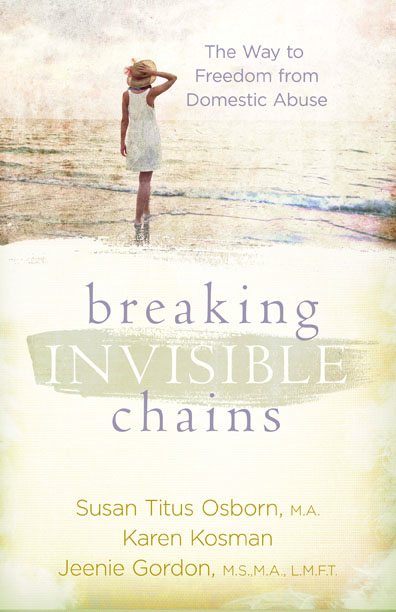Next, to get in touch with your readers and touch their hearts, you need to be willing to step out in faith and share yourself. Be open and honest in your writing and willing to reveal your innermost thoughts. I’ll warn you—it will make you transparent and vulnerable.
You need to be willing to take a risk. Don’t be afraid to be honest with your audience. Look at stories in the Bible: David, Joseph, and Paul. We know of their weaknesses as well as their strengths by the accounts told of them. People cannot relate to someone who is not vulnerable. Be careful not to make your characters (real or imaginary) too perfect. On the other hand, don’t air your dirty laundry or anyone else’s. If your material is sensitive, you might consider writing under a pseudonym.
We can help others through our shortcomings, our mistakes, and our failures. We can share the lessons we’ve learned. We can say, “I don’t walk in your shoes, but this is what I’ve been through, and this is how I coped.” We must appear real to our audience to be of value to them. This is what I try to do in all my writing. In my book, Wounded by Words, I made myself vulnerable and showed how I had been verbally abused as did one of my co-authors. Our third co-author is a family therapist who provides counseling and encouragement in the book to those wounded by words. We also gathered many other people’s stories to add credibility to the book


